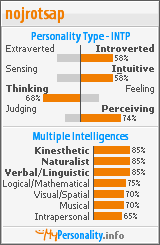So a couple weeks ago I bought a lot of 5 dartboards on ebay. I did this because they were very cheap, and thought I could resell the four I didn't want no problem. But then I realized, it takes effort to sell stuff on ebay. So here I sit with five dart boards. Wanna buy one?
Overall they are good boards, the four available are all electronic dartboards with bristle coated buttons. Basically, this means that they are self healing, and can accept steal darts. They all work okay. Two have cabinets, and two do not. Some have the mounting hardware, others stick straight to a wall with screws. The cabinet ones are halex solstice 4.0 models, not sure on the others off the top of my head. Asking 15 dollars each (retail around 50) (and shipping if you are far away). Yes, I'm shameless.
On a completely unrelated note, I haven't been posting, nor writing out Genesis because my pen is still in the shop. I hope to post more once I get my pen back. Heck, I hope to write more once I do that. Until then, expect updates to be sporadic at best, shooting for one a week.
The paradox of insular language
2 years ago



